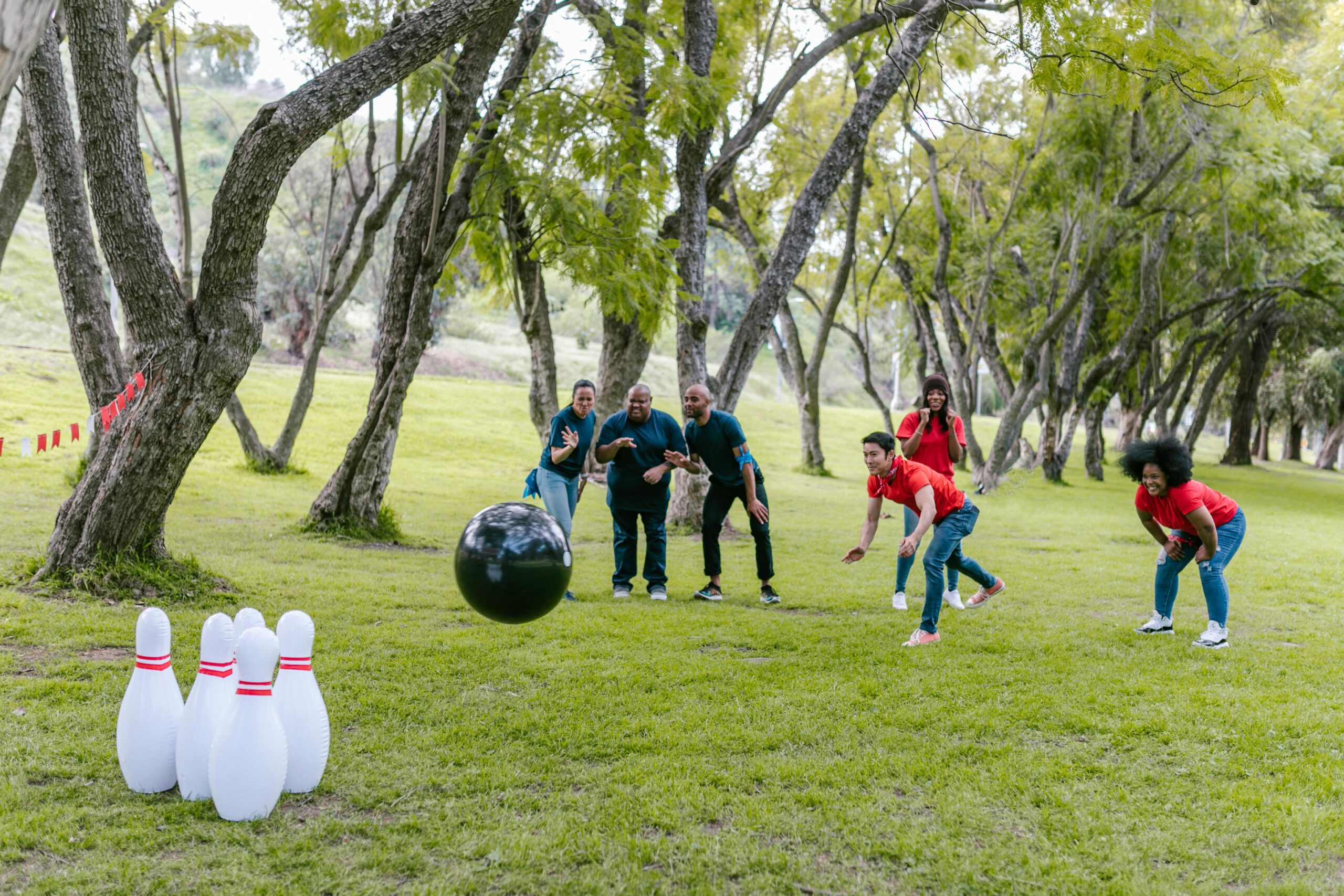How to Build Better Social Skills and Reduce Social Anxiety
Ah, social skills—the magical ability to navigate conversations, make friends, and, dare I say, even thrive at parties. For some, this comes as naturally as breathing. For others, it feels more like trying to assemble IKEA furniture without instructions. If you’re in the latter camp, fear not! We’re diving into how to build better social skills and reduce that pesky social anxiety, one step at a time.
Understanding Social Anxiety
Before we jump into the tips and tricks, let’s take a moment to understand what social anxiety is. Imagine you’re at a gathering, and suddenly your heart races, palms sweat, and all you can think about is how awkward you’re going to look when you say “hello.” Social anxiety can feel like a runaway train, but it doesn’t have to derail your social life.
Recognizing the Triggers
To tackle social anxiety, you first need to recognize your triggers. Is it speaking in front of a crowd? Meeting new people? Or maybe even making small talk with your barista? Identifying what makes you anxious is the first step to overcoming it. Grab a journal and jot down your thoughts. You might be surprised at what you uncover!
Small Talk: Your New Best Friend
Let’s face it: small talk can feel like a minefield. But it doesn’t have to be! Instead of viewing it as a necessary evil, think of it as an opportunity to connect. Here are some tried-and-true conversation starters:
- “What do you think about this weather?” (It’s a classic for a reason!)
- “Have you read any good books lately?” (This can lead to a deeper discussion!)
- “What’s the most interesting thing you’ve done this week?” (Everyone loves to share a story!)
Practice these with friends or even your pet (they’re great listeners)! The more you rehearse, the more comfortable you’ll become.
Body Language: Speak Without Words
Did you know that a significant portion of communication is non-verbal? Your body language can speak volumes. Maintain an open posture, smile genuinely, and make eye contact (without staring them down like a hawk hunting its prey). These simple gestures can make you appear more approachable and confident.
Active Listening: The Art of Engagement
When someone is talking to you, it’s tempting to think about what you’re going to say next. But hold that thought! Active listening is crucial. Nod, ask follow-up questions, and show genuine interest. Not only does this help in reducing your anxiety, but it also makes the other person feel valued. After all, everyone loves a good listener!
Practice Makes Perfect
Like any skill, social skills improve with practice. Try setting small, achievable goals. For instance, aim to initiate one conversation a day. It could be with a coworker, a neighbor, or even a fellow dog-walker. Celebrate your victories, no matter how small. Each successful interaction builds your confidence and reduces anxiety.
Join a Group or Class
Joining a club or taking a class can be a fantastic way to meet people with shared interests. Whether it’s a book club, a cooking class, or a sports league, being part of a group can provide a sense of belonging and make social interactions feel less daunting. Plus, you’ll have built-in conversation starters!
Embrace the Power of Vulnerability
One of the most liberating things about social interactions is that everyone is human. We all have our quirks, awkward moments, and insecurities. Embrace your vulnerability! Sharing a nervous laugh or admitting you’re shy can create a bond with others. You’d be surprised how many people relate to your experience.
Mindfulness and Relaxation Techniques
When anxiety strikes, it’s essential to have a toolkit of relaxation techniques. Breathing exercises, meditation, or even a quick walk can help center your mind. Try this: take a deep breath in for four counts, hold for four, and exhale for four. Repeat a few times, and you might just feel that anxiety melt away.
Seek Professional Guidance
If social anxiety feels overwhelming, don’t hesitate to seek help. Therapists and counselors can provide valuable strategies tailored to your needs. Cognitive Behavioral Therapy (CBT), for example, is a well-researched approach that can help you manage anxiety effectively.
Celebrate Your Progress
As you embark on this journey to better social skills, remember to celebrate your progress. Each step counts! Whether it’s a compliment received or a successful conversation, take a moment to acknowledge your achievements. And hey, treat yourself to a little something special—you’ve earned it!
Building social skills and reducing social anxiety is a journey filled with ups and downs, but with practice and patience, you can navigate it successfully. Remember, even the most extroverted people were once beginners. Embrace the process, and soon you’ll find yourself thriving in social situations you once dreaded!


